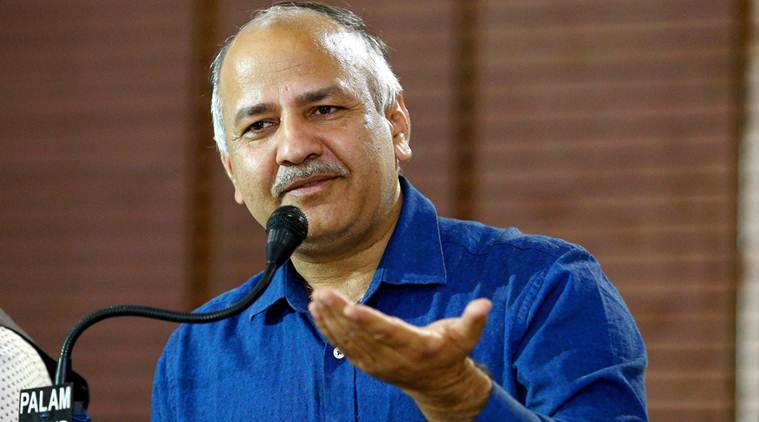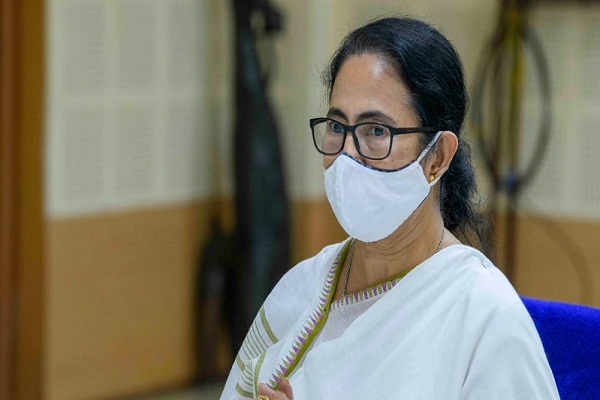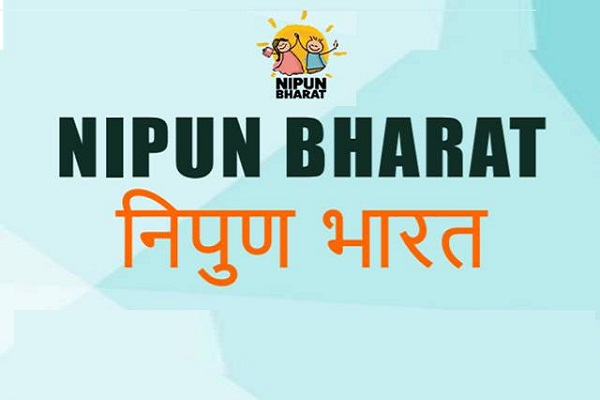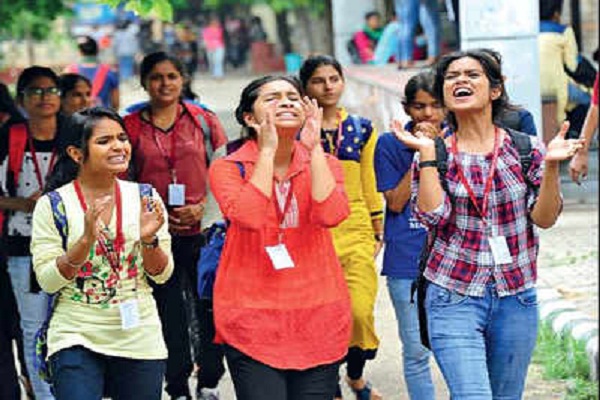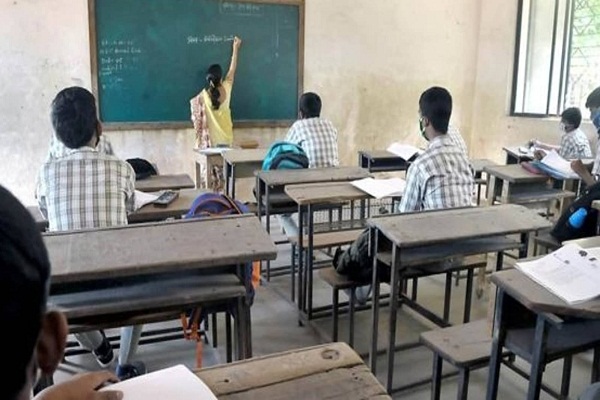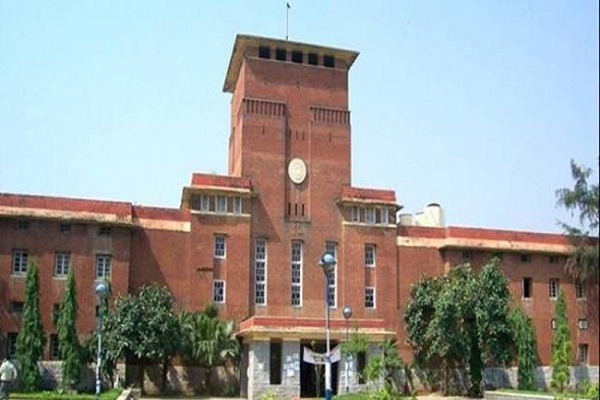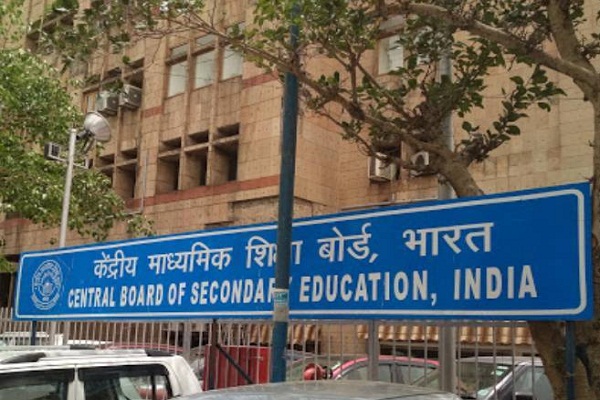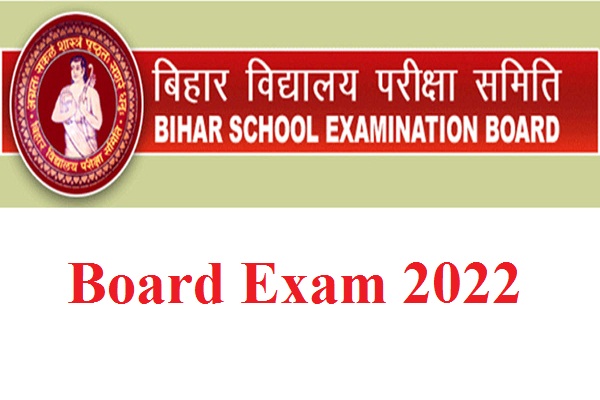Even as the pandemic has precipitated an unprecedented jump in online education and job upskilling uptake in the country, India is soon to become a USD 313 billion online education market. This was revealed in a report titled Investing for Impact: Education, Skills & EdTech and released by Aspire Circle, the foremost Impact Leadership champion and advocate in the country.
Setting out 10 disruptive investment ideas which can bring about a transformational change in the way Indians receive their education as well as post-education skilling and training facilitated and catalysed by new-age educational and training technologies – the report points a way forward for developing and building human capital in keeping with the needs of the 21st century education and job market.
The ten ideas which have been identified in the report can be spelled out as the following sub-segments: Technology-enabled K-12 Education; Online Test Preparation Platforms-led Inclusion & Affordability;Supplemental & Extra-curricular Education;Teacher Training & Development; Affordable Education Loan Platforms; Gig Economy & Unbundled Microtasking; Affordable Student Housing; Innovative Finance in Education & Skilling; Micro and Alternative Credentials for Employability Skills and Social and Emotional learning.
“The Top Ten Ideas in 21st century education and skills lie at the intersection of technology and impact. India’s Education & Skills market will grow 2X this decade, from $180 billion in 2020 to $313 billion in 2030, while creating 5 million incremental jobs and impacting 429 million learners. We hope investors, entrepreneurs and policy-makers will engage with our research-based recommendations to help India truly realize its demographic dividend”, said Mr. Amit Bhatia, Founder of Aspire Circle & Creator – Impact Future Project.
Last year, as hundreds of millions of Indians were locked inside their homes and schools and colleges were closed down, the edtech sector had attracted over $ 2 billion in investments. The increased focus on skill development in the job market is evident from the fact that even before the pandemic struck, skill development was the most preferred sub-sector by investors in Indian ed-tech start-ups between 2014 and 19. According to a February 2021 study, around 18 million Indians will need to change occupations by 2030 further underlining the need for reskilling and upskilling.
Safeena Husain, Founder & ED, Educate Girls said, “During Covid-19, almost 150 million girls were affected directly with school closures – with almost 90 million girls across rural India without any significant learning opportunity. If technology-driven access to quality learning is provided to these girls backed by adequate investments in affordable education loan platforms, student housing, extracurricular and supplemental education and social and emotional learning as brought out in this report, it will go a long way in unlocking the impact that is much needed at this point.”
Nirav Khambhati, Managing Partner-Kaizenvest said, “The ongoing pandemic has mercilessly stolen invaluable classroom years from well over a billion students around the world including India, severely denting their future income potential. There is an urgent need to comprehensively rethink the way we deliver education and training to our students and youth. While edtech is one inextricable component, we have to remember that the future of work itself is set to undergo massive change. And to make that transition, innovative investment ideas must not only be thought of but implemented with full force andvigour.”
“While training of future teachers preparing them to be technology-ready would be an important step in terms of education, the need for acquisition of micro and alternative credentials outside the mainstream education would reign supreme from the standpoint of the new-age job market. All of these and many related ideas have been detailed in the report,” Khambhati added.








